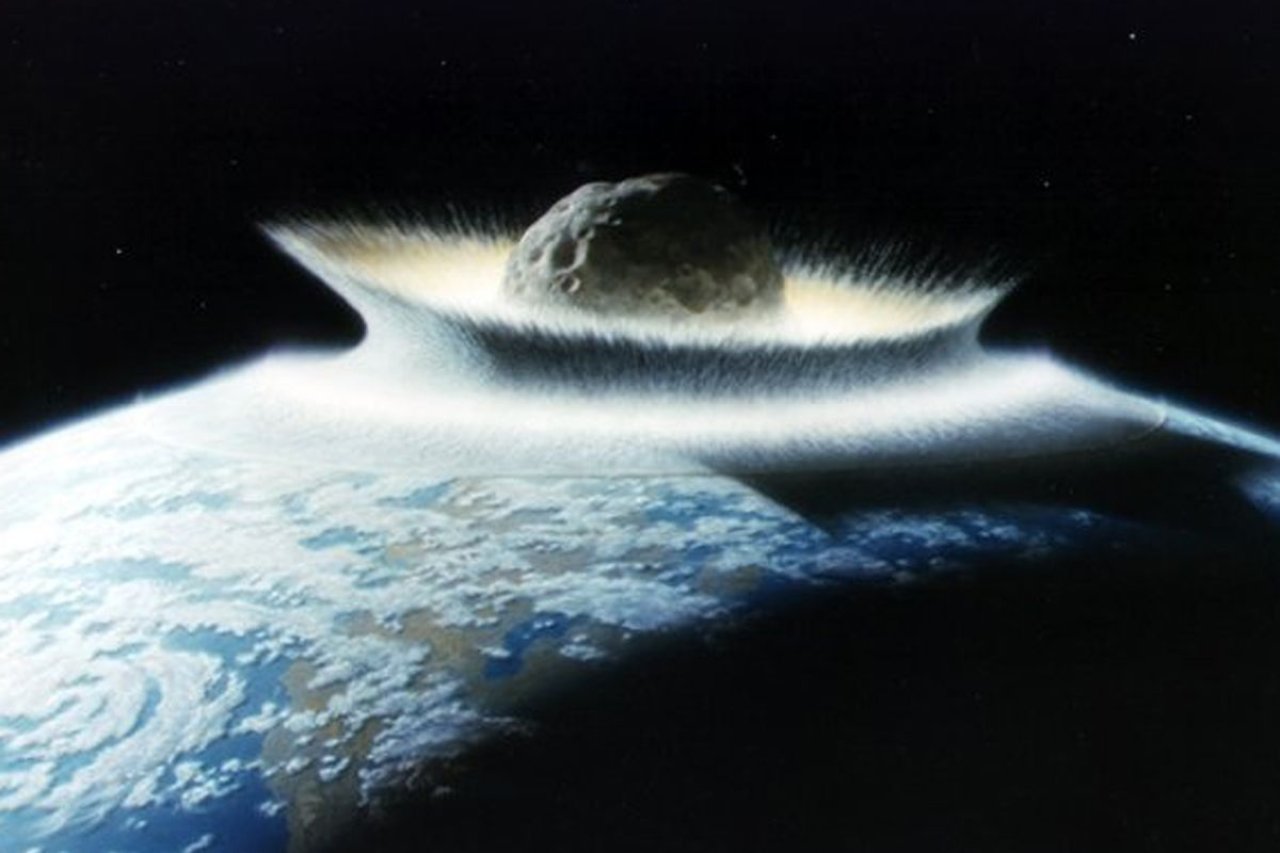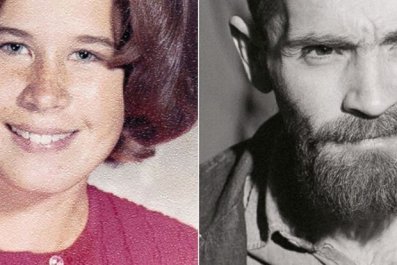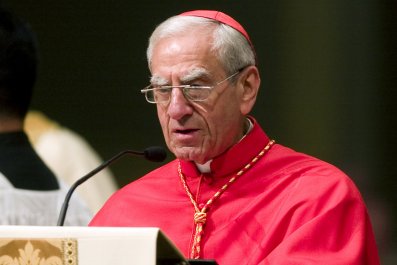Earth getting hit by an asteroid five and a half miles wide is always going to be a matter of bad luck. But for the dinosaurs just going about their business 66 million years ago there was, incredibly, even more bad luck at play that day.
That's according to a new paper published today in the journal Scientific Reports, which argues that the same asteroid wouldn't have been nearly as deadly if it had just hit practically anywhere else on Earth. In fact, they calculated that an asteroid strike of Chicxulub's size had only a 13 percent chance of leading to a mass extinction.
The fatal factor at the impact site, now below the ocean off the coast of Yucatan, Mexico, was the large amount of hydrocarbons lurking in the rocks that were vaporized into soot when the asteroid hit.
During the impact, those hydrocarbons became the soot and tiny particles scientists call aerosols. These aerosols were flung into the planet's upper atmosphere, where they circled the globe and acted as seeds for clouds. Those clouds then reflected sunlight away from Earth and caused a global winter, with surface temperatures as much as 25 degrees Fahrenheit colder than before the strike.
(Calculations published by other scientists earlier this year suggest it could actually have been more like 45 degrees Fahrenheit—sadly, the dinosaurs did not leave us detailed observations as their world ended, so scientists are still piecing together precisely what happened.)
In the immediate neighborhood of the asteroid impact, animals had bigger, space-rock-sized problems to deal with. But that epic cold snap that actually killed off animals far and wide, eventually totaling about three quarters of the species that had been alive before the collision.
And here's where the very bad luck comes into it. The scientists calculated that a mass extinction requires about 1.6 billion tons of soot be produced (only a fraction of that makes it into the upper atmosphere to cool the planet). And because the precise recipe for rocks varies around the globe, a strike somewhere else would have vaporized rock that was much poorer in hydrocarbons and never frozen out the dinosaurs.
That makes the odds of extinction from an asteroid strike incredibly low. Based on the calculations they ran, the scientists estimated that an incredible 87 percent of the Earth's surface doesn't have the right ingredients to make a global extinction event from an impact the size of Chicxulub. Sure, it would have been bad news, but it wouldn't have been the sort of thing to enthrall four-year-olds millions of years later.















